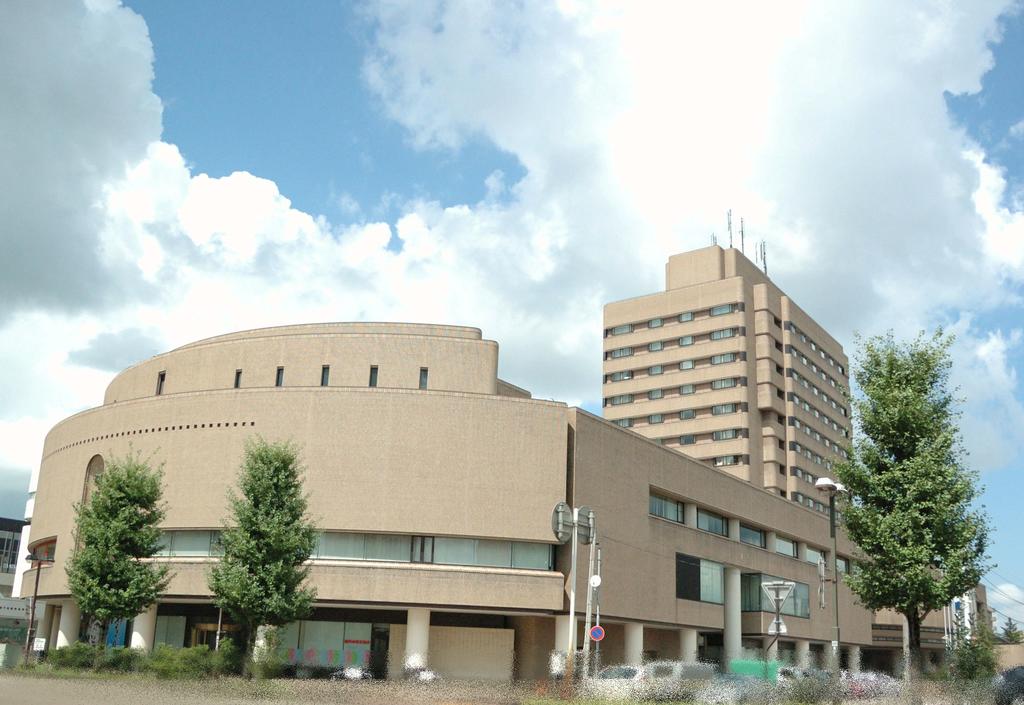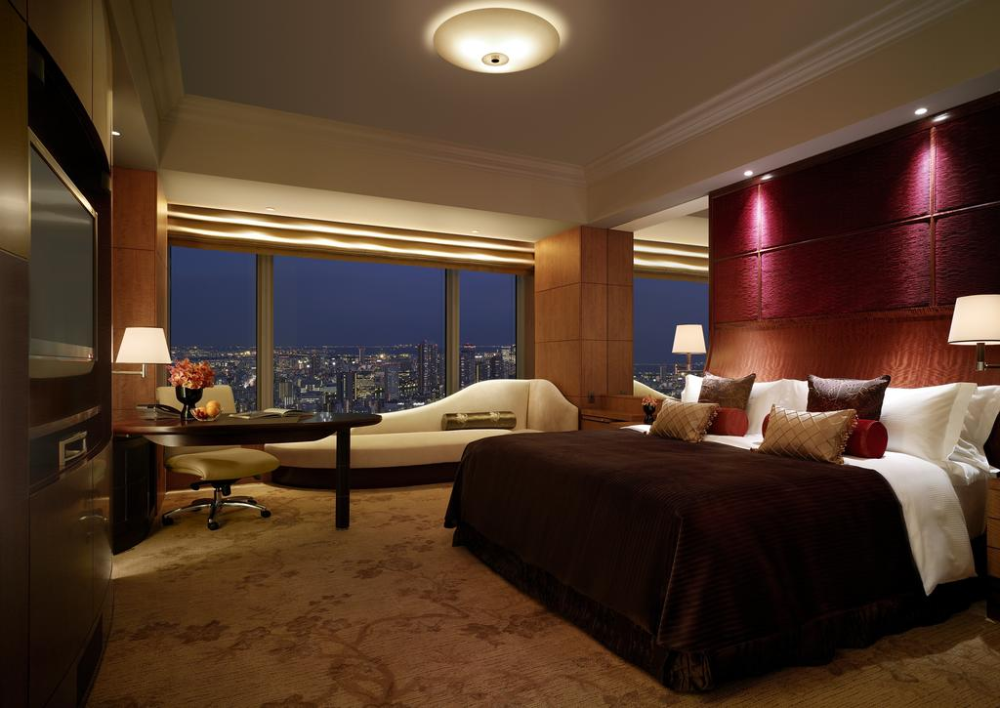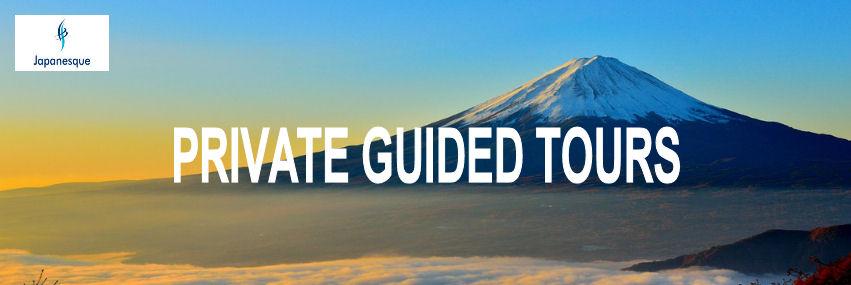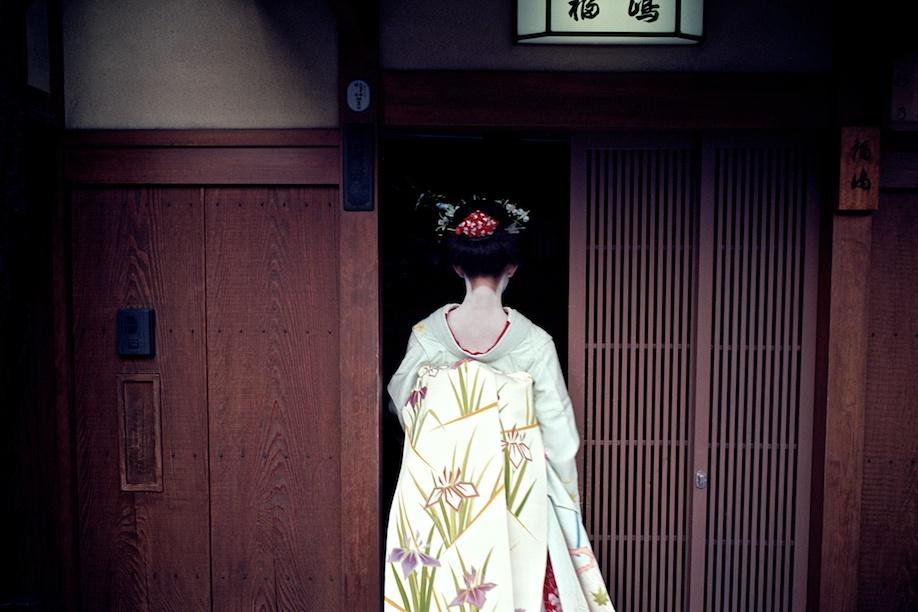Highlights Archives: Japan's Superb Cafe Japanese Best Castles 651* Cherry Blossom Viewing Spots
Highlights
Awesome Japanese Fireworks Festival Guide
The Momentary Art that Spectacularly Decorates the Summer Night Sky
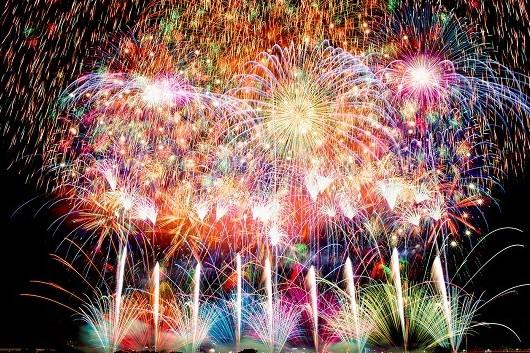
History and Background of the Japanese Fireworks
The famed shogun Tokugawa Ieyasu was the first person to ever witness a firework in Japan. Ever since then, the Mikawa area of Aichi Prefecture has been a thriving fireworks region. Today, many other regions across Japan—most notably Akita, Miyagi, Fukushima, Ibaraki, Niigata, Yamanashi, Nagano, Tokyo, Kanagawa, Shizuoka, Fukuoka, Oita, and Kagoshima—are backed by a long and rich history of firework-making traditions.
Meanwhile, the origins of Japanese artistic fireworks for the common people are said to date back to the Ryogoku Kawabiraki Fireworks of 1733. The year before, famine and disease had spread throughout the country, and many people died. Tokugawa Yoshimune decided to hold a festival as a memorial to the souls of the departed and to pray for the eradication of disease. It was dedicated to the water gods and scheduled for the first day of the boating season, known as kawabiraki no hi.
Eventually, a fireworks festival came to be held every year on kawabiraki no hi, a tradition that led to the modern-day Sumidagawa Fireworks Festival. The first fireworks expert to make a name for himself at the festival was Yahei Kagiya. Later, a fireworks expert called Ichibei Tamaya would branch off from the Kagiya family and make his mark in Edo. To this day, the Japanese call out “Tamaya!” and “Kagiya!” when they watch a fireworks show.
Source:Japan Hanabi Association
Omagari Fireworks Competition Festival, Akita
Omagari Fireworks Competition Festival is said to be the Japan's most attractive and the largest fireworks festival originally started in 1910 as an entertainment of the Suwa Shrine festival. According to the organizer's report regarding the number of attendees in the last few years, approximately 800 thousand people swarmed into this small town in Tohoku whose population is only 40 thousand. Unlike other festivals, you are strongly recommended to comprehend its scale and be prepared beforehand as follows not to get panicked on the day of festival.
1. Choose the type of seat
Reserved Seat A: No chair, capacity of 6 people 23,000 yen
Reserved Seat B: No chair, capacity of 4 people 25,000 yen
Reserved Pipe Chair Seat: Capacity of 1 person 3,000 yen
Above seats can be purchased online: https://l-tike.com/event/oomagari-hanabi/
Reserved Bench Seat: Capacity of 3 people 12,000 yen
Above seats can be purchased online: https://l-tike.com/event/oomagari-hanabi/
General Seat: 1,000 yen each (collected at the gate) Massive number of people is expected to queue in this line. Be Sure not to be late for the venue opening time.
Venue opens at 9 AM (not announced yet)
Standby area opens at 6 AM (not announced yest)
*Since general seat area is just an open space with no boundaries inside, you need to place a plastic sheet or blanket to secure your own space (1 square meter for each).
In addition, it is essential to get acquainted with your neighbors. Doing so, you can ask them to keep eyes on your space not to be taken by inconsiderate people when you have to leave your space for the restroom, etc.
2. Be sure to carry a flashlight, a raincoat, beverages, a handy chair, a cap and some plastic bags (for garbage, etc) .
3. Be sure to secure accommodation in the early stage.
Be prepared, and you'll have no regrets (same to any other fireworks venues). Well then, you are now ready to enjoy the world's best fireworks show unfolding up in the summer night sky. Bet you'll be greatly touched with breathtaking beauty of Japanese Hanabi!
Access & Map
Access to the Venue
From Tokyo: Take Akita Shinkansen → Omagari (3 Hrs &10 Min) 30 Min Walk to the Venue
Starts at 18:00
Tsuchiura National Fireworks Competition Festival, Onaraki
The second largest fireworks event
The Tsuchiura National Fireworks Festival is the second largest fireworks festival following Omagari, with more than 750,000 visitors each year. The total number of fireworks is 20,000. Each of the various fireworks created by the Japan's representative fireworks craftsmen, each one is precisely composed along the theme, and is launched with the music in the clear autumn night sky.
1. Choose the type of seat
Reserved Whole Space (1.7m×1.7m): No chair, capacity of 6 people 22,000 yen
Reserved Half Space (1.7m×0.85m): No chair, capacity of 3 people 11,000 yen
Above seats can be applied online: https://l-tike.com/st1/tsuchiura-hanabi
Application is accepted: July 19, Noon ~ July 26, 11 PM
*It is not always the case that you can buy it because it is just an application for the lottery. In addition, it is recommended to send the purchased ticket to the hotel, as it will be sent by courier and can not be shipped overseas.
General Seat: Free of charge.
*Since general seat area is just an open space with no boundaries inside, you need to place a plastic sheet or blanket to secure your own space.
In addition, it is essential to get acquainted with your neighbors. Doing so, you can ask them to keep eyes on your space not to be taken by inconsiderate people when you have to leave your space for the restroom, etc.
2. Be sure to carry a flashlight, a raincoat, beverages and some plastic bags (for garbage, etc) .
3. Be sure to secure accommodation in the early stage (day-trip from Tokyo is also possible).
Access & Map
Access to the Venue
From Ueno, Tokyo: Take Joban Line → Tsuchiua (70 Min by Local Train, 45 Min by Special Express) 30 Min Walk from the Station or Take Shuttle Bus/East Exit (10 Min)
Starts at 18:00
Nagaoka Fireworks Festival, Niigata
Because of Its overwhelmimg grandure, Nagaoka is counted as one of the 3 major fireworks display.
Aug 2 and 3, 2019 19:20~21:15
Nagaoka Fireworks is said to originate from the "Nagaoka Reconstruction Festival," held in the hope of recovery from the Nagaoka air raid that occurred during World War II. Prior to the fireworks display, three white fireworks are set off to console souls of the 1488 victims at 10:30 pm of August 1 when the air raid started.
A feature of the Nagaoka Fireworks Festival is its grandeur, which is unparalleled by any means. A large scale of fireworks are set off for 2 days in a row, such as the "Sanjaku Dama" that blooms large flowers with a diameter of 650m and the "Recovery prayer fireworks Phoenix" that spans 2 km long.
Seats:
Unfortunately, reserved seats have been all sold out.
Non reserved seat area opens at noon each day. Be sure to arrive at the venue earlier to secure the space.
Since bridges that across the river will be closed to traffic including pedestrians up to fairly late, please consider that it is almost impossible to cross the river after the festival ends. It is recommended to secure the space on the Nagaoka station side riverbank.
*Non reserved seat area is just an open space with no boundaries inside. You need to place a plastic sheet or blanket to secure your own space.
In addition, it is essential to get acquainted with your neighbors. Doing so, you can ask them to keep eyes on your space not to be taken by inconsiderate people when you have to leave your space for the restroom, etc.
Attention:
Be sure to carry a flashlight, a raincoat, beverages and some plastic bags (for garbage, etc) .
Be sure to secure accommodation in the early stage.
Access & Map
Access to the Venue
From Tokyo: Joetsu Shinkansen Toki → Nagaoka (1 hr 44 min) 30 Min Walk from the Station or Take Shuttle Bus (10 Min, available after 4 pm )
Starts at 19:20
The Sumida River Fireworks Festival, one of the three major fireworks festivals in Tokyo, is Japan's oldest fireworks festival that has continued since the Edo period, and the total number of fireworks launched from the two venues is 22,000. There are 960,000 visitors each year and the surrounding roads are filled with people, so it is recommended that you decide in advance a location with a relatively good view near a convenience store or toilet and secure space early. Just make sure to prepare in advance so as not to end just by walking in the crowd!
Tips:
1. Bring a plastic sheet or blanket for securing space. In addition, please be sure to leave at least one person in the reserved space, as it may be removed just by placing the seat.
2. Be sure to carry a flashlight, a raincoat and some plastic bags (for garbage, etc) .
3. Be sure to secure accommodation in the early stage.
4. Be sure to buy a return ticket in advance.
Venue:
Two venues are set up between the Komaga Bridge and the Kototoi Bridge.
Secret Viewing-Spot Information:
1. Sumida Park (Sumida Koen)
It is a fierce war zone taking place.
The space will be filled by 7 am on the day of the tournament.
The reason for its popularity is that any fireworks launched from the first and second venues can be viewed from close range.
1. Shioiri Park (Shiori Koen)
A bit far from the venue, but its not so crowded and enjoy the Hanabi display calmly.
You need not to secure space early.
1. Dozobori Park (Dozobori Koen)
A park near Tokyo Sky Tree. Since there are no buildings that block the view, it is a popular spot for enjoying beautiful fireworks. Be sure to arrive around noon to secure better space.
Access & Map
Access to the Venue
The station to get off differs depening on the viewing location. Please check on the map.
Your content goes here...

.jpg)
.jpg)
.jpg)
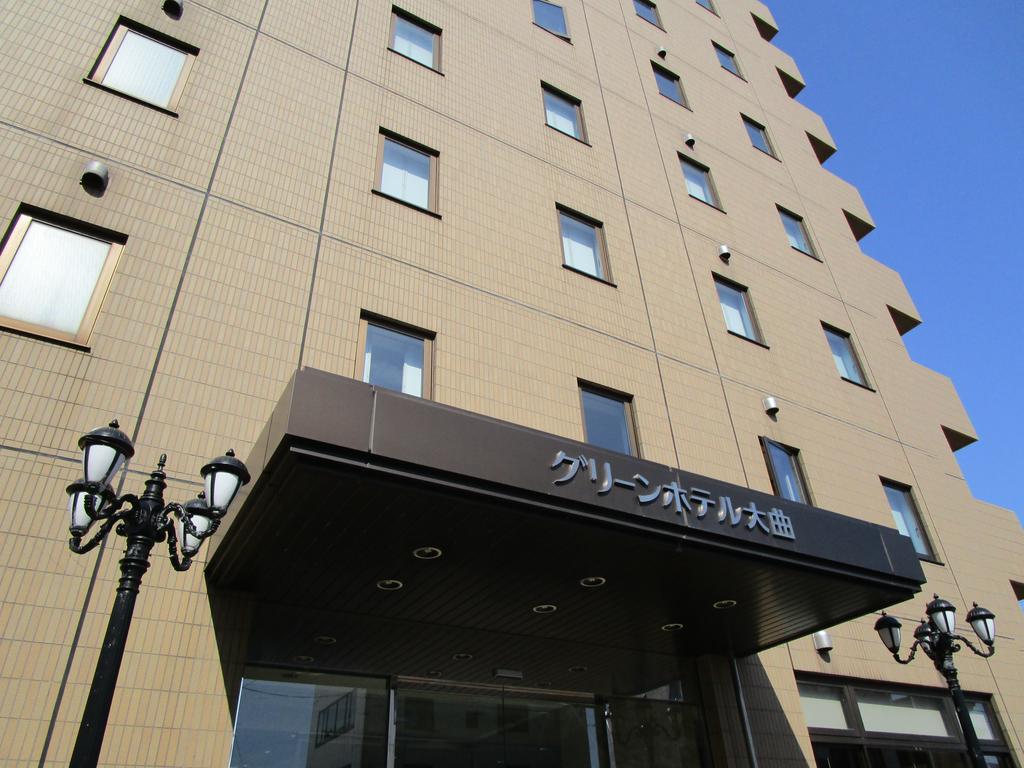
.jpg)
